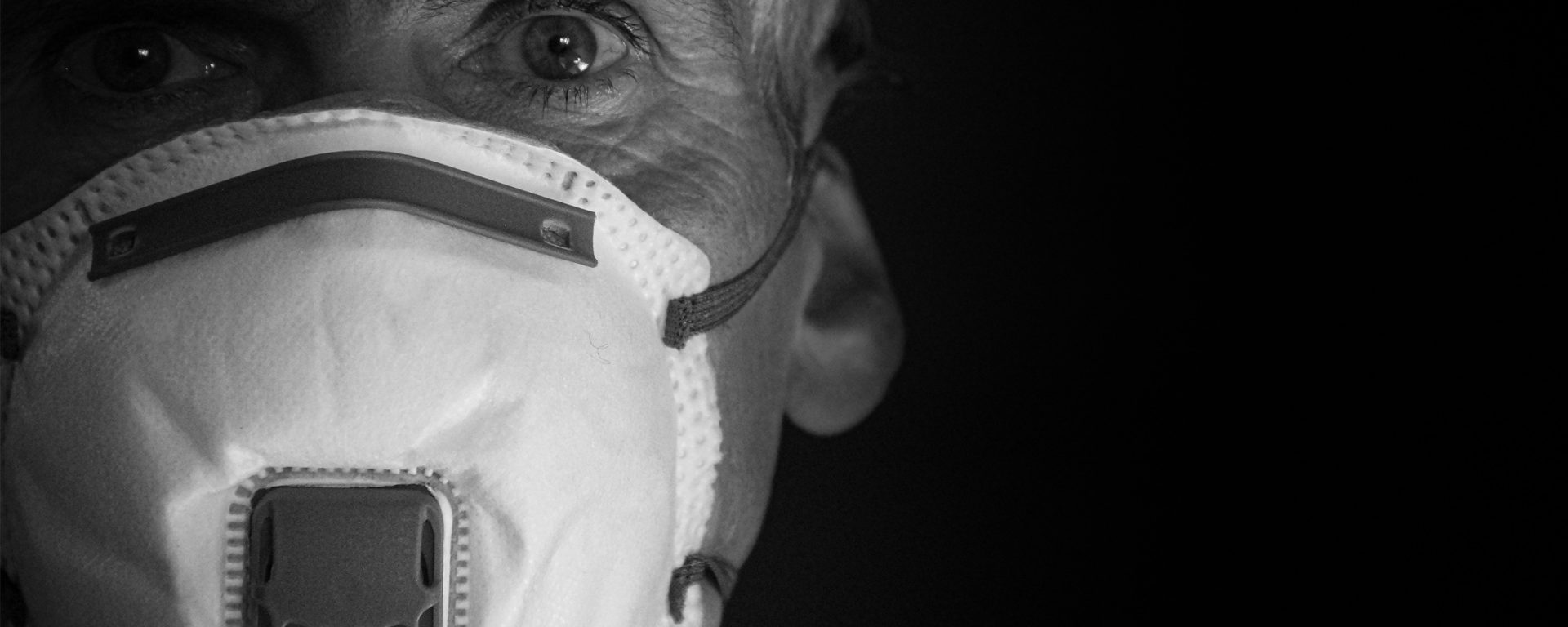The field of epidemiology has never been more valuable to our communities than it has since COVID-19. When we talk about the heroes and front line workers working tirelessly to keep us safe, epidemiologists are, without a doubt, a part of that vital group. Epidemiologists around the world have been working vigorously since the initial outbreak to uncover the nature of the virus, where it came from, and where they predict it will go in the future. Epidemiologists have been an essential piece of the puzzle in helping us navigate this unprecedented public health epidemic.
Now, what is epidemiology? And what is an epidemiologist? To understand the magnitude and impact that epidemiologists have in our communities, let us take a step back and look at what epidemiology is, what epidemiologists do, and how they do it. This will provide you with a full picture of their qualified role in today’s current events.
What is Epidemiology, and What is an Epidemiologist?
According to the CDC, epidemiology is the study of causes and patterns of diseases across populations. Epidemiologists are public health professionals who investigate ways to reduce the risk, occurrence, and spread of disease and epidemics. They do this through statistical analysis and research. Once the research and analysis takes place, epidemiologists are responsible for communicating their findings with policy makers to help create plans of action that will protect populations.
While it might be clear the role that epidemiologists have taken in the COVID-19 pandemic, you may be wondering what other types of problems and events do epidemiologists investigate? Epidemiologists study a variety of public health problems, such as environmental exposures to lead and heavy metals. They also investigate other types of infectious diseases, such as foodborne illnesses and non-infectious diseases (like a localized rise in a particular type of cancer). In addition, epidemiologists study terrorist events, natural disasters, and injuries like homicides and domestic violence — among many other public health issues we all face. Their work is broad and touches every aspect of our communities.
Pursuing a Career in Epidemiology
If this all sounds interesting to you, you may be asking yourself, “How do I become an epidemiologist?” and “What is an epidemiology degree program?”
Those who want to pursue a career in epidemiology will need a Master’s Degree in Public Health (MPH). An MPH program from an accredited university provides aspiring epidemiologists with the education, skills, and resources they need to succeed in the position. An MPH program will teach students methods for investigating diseases and/or events in populations. Students will learn the fundamentals of descriptive and analytical epidemiology, as well as understand how to assess risk factors or disease and health outcomes.
Beyond the specific epidemiology education a master’s degree provides, an MPH curriculum covers so many important public health subjects that are essential to understand in this profession. These topics include biostatistics, public health policy, social and behavioral sciences, occupational and environmental health, and methods in research and practice.
Post-graduation, you might want to know, “What is the epidemiology job outlook?” Rest assured — it’s good and growing! According to the U.S. Bureau of Labor Statistics, the employment of epidemiologists is projected to grow 5% from 2019 to 2029, which is faster than the average for all occupations in the U.S. Epidemiologists can work in hospitals, colleges and universities, health departments for state and local governments, as well as federal government agencies such as the Center for Disease Control and Prevention (CDC). The future for epidemiologists looks very bright, and is a great career choice for those who want to make a difference in people’s lives.
If you still want to understand more about what epidemiology is and how to pursue this career path, contact Goodwin University today speak with their team of expert advisors! Call 800-889-3282 or visit us online today.
Goodwin University is a nonprofit institution of higher education and is accredited by the New England Commission of Higher Education (NECHE), formerly known as the New England Association of Schools and Colleges (NEASC). Goodwin University was founded in 1999, with the goal of serving a diverse student population with career-focused degree programs that lead to strong employment outcomes.

